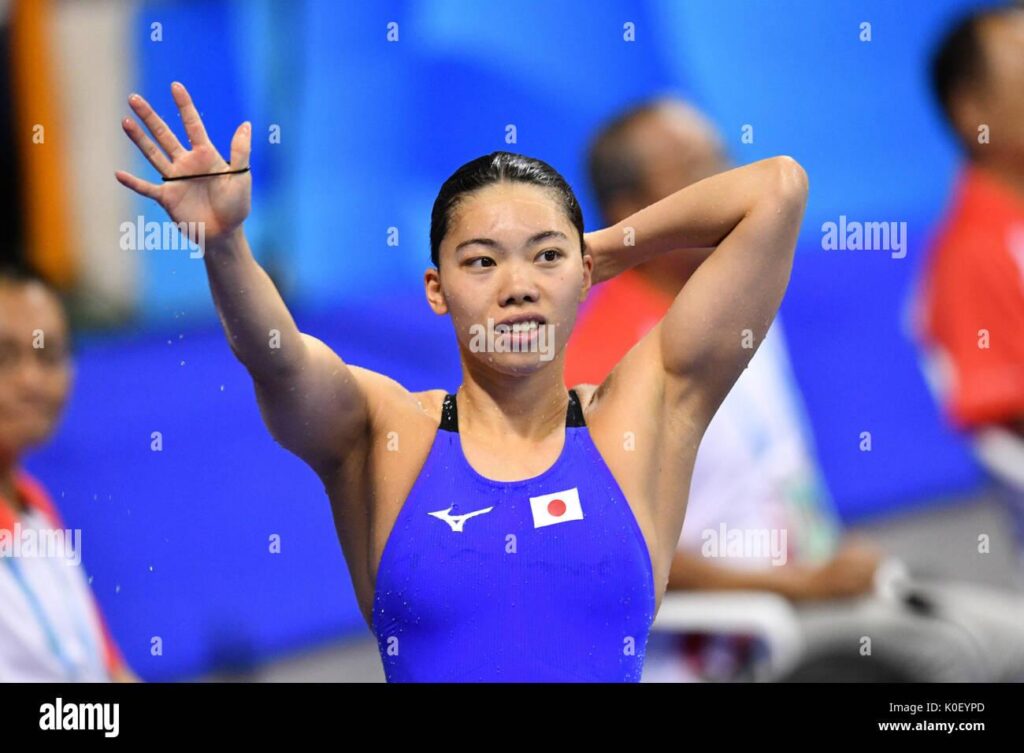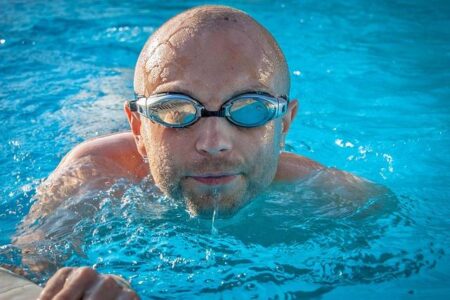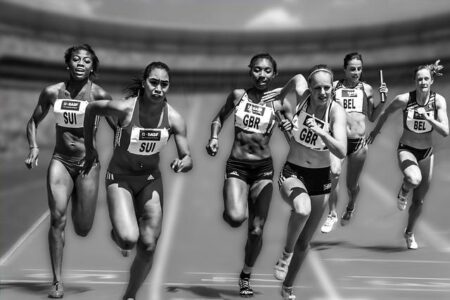Two-time Japanese Olympian Reona Aoki has officially announced her retirement from competitive swimming, bringing an end to a distinguished athletic career. Known for her formidable presence in breaststroke events, Aoki represented Japan on the world’s biggest stages, including consecutive Olympic Games. Her decision marks a significant moment in Japanese swimming as the sport bids farewell to one of its most accomplished athletes.
Reona Aoki Reflects on Her Olympic Journey and Career Highlights
Reflecting on her illustrious career, Reona Aoki shared heartfelt insights about the dedication and perseverance that fueled her journey on the world’s biggest stage. “Representing Japan twice at the Olympics has been the greatest honor of my life,” she said, highlighting the struggles and triumphs that defined her path. From grueling early morning practices to the adrenaline of Olympic heats, Aoki emphasized the importance of resilience, teamwork, and unwavering focus. Her commitment not only brought her personal bests but also inspired a younger generation of swimmers across the country.
Among her standout moments, Aoki pointed to several career highlights that encapsulate her impact both nationally and internationally:
- 2016 Rio Olympics: Debuted as Japan’s top breaststroke contender.
- 2018 Asian Games: Secured multiple medals, showcasing peak performance.
- National Records: Broke and held key breaststroke records over several seasons.
- Mentorship: Played a pivotal role in nurturing upcoming talent within her club.
| Year | Event | Achievement |
|---|---|---|
| 2016 | Rio Olympics | Reached Semifinals, Breaststroke 100m |
| 2018 | Asian Games | Gold & Silver Medals, Breaststroke events |
| 2021 | Tokyo Olympics | Top 8 Finish, Breaststroke 200m |
Impact of Aoki’s Retirement on Japanese Swimming and Future Competitions
Reona Aoki’s retirement marks a significant turning point for Japanese swimming, as the nation bids farewell to one of its most consistent and inspiring athletes. Her departure leaves a noticeable gap, particularly in breaststroke events, where she has long been a dominant force on both national and international stages. Aoki’s technical precision, mental fortitude, and Olympic experience have set a high benchmark that rising swimmers will strive to emulate. The Japanese Swimming Federation now faces the crucial task of nurturing new talent to sustain Japan’s competitive edge, especially with major events such as the Paris 2024 Olympics and the Asian Games on the horizon.
As the swimming community looks ahead, several key challenges and opportunities emerge:
- Developing Upcoming Breaststroke Specialists: Upcoming swimmers must fill the vacuum left by Aoki’s retirement with enhanced training programs and international exposure.
- Leveraging Aoki’s Experience: Potential mentorship roles for Aoki could provide invaluable insights and motivation to younger athletes.
- Shifting Team Dynamics: Leadership roles within the national team will evolve, influencing relay compositions and strategic approaches.
| Competition | Impact of Aoki’s Retirement | Key Event to Watch |
|---|---|---|
| Paris 2024 Olympics | Potential shift in medal prospects for breaststroke events | Women’s 100m & 200m Breaststroke |
| Asian Games 2023 | Opportunity for emerging swimmers to gain experience | Mixed Relay Events |
| World Championships 2025 | Key for assessing new team leadership and strategies | Breaststroke & Medley Relays |
Experts Recommend Strategies for Supporting Athletes Transitioning to Post-Competitive Life
The transition from a high-profile athletic career to everyday life poses unique challenges that require intentional support systems. Experts emphasize the importance of holistic approaches that address not only the physical and financial aspects but also the mental and emotional well-being of retiring athletes. Building sustainable post-competition careers often involves early planning, networking opportunities, and access to specialized counseling services tailored to the athlete’s individual needs.
Key strategies recommended by professionals include:
- Career Development Programs: Offering education and vocational training to prepare athletes for new professions.
- Mental Health Support: Providing counseling to help cope with identity shifts and psychological stress.
- Financial Planning Assistance: Ensuring long-term financial stability through investment education and budgeting guidance.
- Peer Mentorship: Connecting retiring athletes with those who have successfully navigated the transition phase.
| Support Area | Common Challenges | Recommended Solutions | ||||||||
|---|---|---|---|---|---|---|---|---|---|---|
| Identity & Purpose | Loss of athletic identity | Psychological counseling and goal setting | ||||||||
| Career Transition | Uncertainty about future careers | Skills workshops and mentorship | ||||||||
| Financial Stability | The transition from a high-profile athletic career to everyday life poses unique challenges that require intentional support systems. Experts emphasize the importance of holistic approaches that address not only the physical and financial aspects but also the mental and emotional well-being of retiring athletes. Building sustainable post-competition careers often involves early planning, networking opportunities, and access to specialized counseling services tailored to the athlete’s individual needs. Key strategies recommended by professionals include:
|





